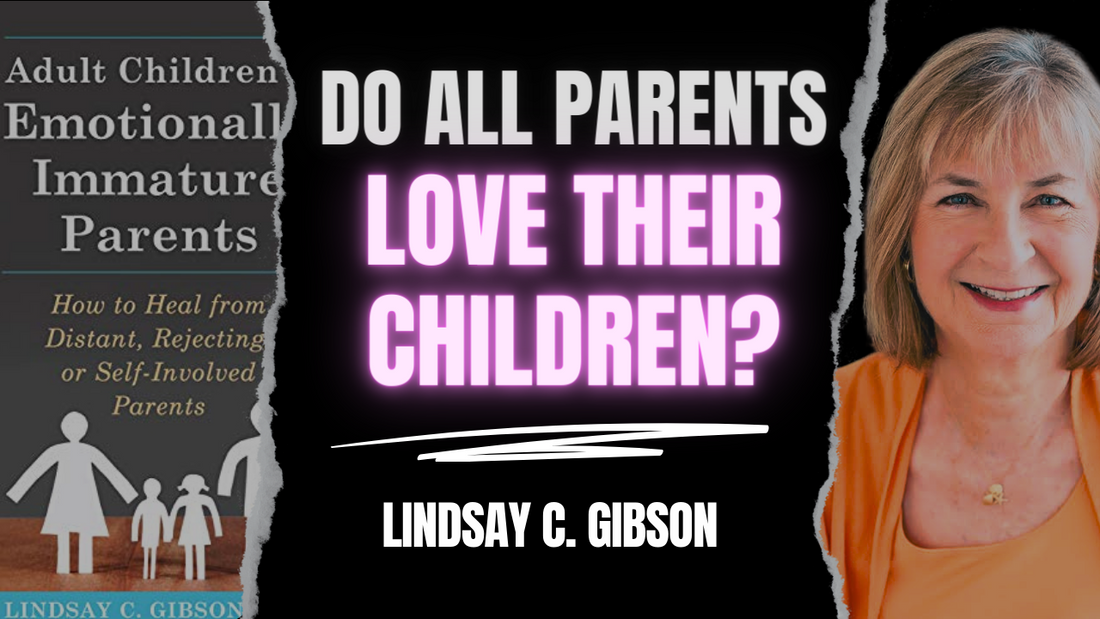Children raised by emotionally immature parents often get the sense, be it consciously or not, that their parents don't really love them. This article delves into how emotionally immature parents love, examining the factors that influence their ability to form and express affection, as explained by psychologist Lindsay C. Gibson.
The Developmental Potential for Love
Gibson discusses the inherent potential every person has to love, which is deeply rooted in our neurological makeup. "People start out with the potential for loving their children... for making emotional bonds with other people," she explains, indicating that this potential needs nurturing and active development. However, without proper engagement during critical developmental stages, this potential may not fully mature.
The Role of Early Attachment
Early experiences with caregivers are pivotal in shaping a person's ability to love. Gibson emphasizes that without positive responses from caregivers, certain emotional capabilities may never mature.
If they don't get responded to and they aren't brought into being in a bonded relationship with their caregiver... those parts of the brain don't mature. - Lindsay C. Gibson
The Impact of Stress on Love
Dr. Gibson outlines that stress dramatically affects the emotional responses of immature parents. She notes that while some parents may show signs of affection when conditions are favorable, this can quickly change under stress. "As soon as there is stress... that can evaporate because the emotionally immature parent just can't handle it," highlighting the instability of their emotional expressions that often lead their children to experience a sense of unworthiness.
So Do Immature Parents Love Their Children?
This question is complex, particularly when discussing emotionally immature parents. Gibson suggests that these parents may indeed feel love, but their ability to express or even maintain this feeling can be severely limited by their emotional immaturity.
I think it is possible for there to be a grown-up that has been so damaged in their early attachment experiences that they are not interested in loving their child and don't feel it.
However, she also notes that under less stressful conditions, these parents might be able to connect with feelings of love and even enjoy their children's company. The issue arises when stress appears or when the child's behavior becomes challenging, leading to a quick dissolution of these feelings.
Estrangement and Recognition of Love
Gibson also notes that estrangement - aka "no contact" - can reveal complex feelings parents may have towards their children. She observes that it's often during these times of separation that parents may begin to reflect on their feelings. "At that point, the parent seems to get in touch with their love for the child," Gibson comments, suggesting that estrangement sometimes forces a realization or acknowledgment of love that wasn't clearly expressed before.
Conclusion
Lindsay C. Gibson's insights offer a deeper understanding of how emotionally immature parents might love their children and the challenges they face in expressing this love consistently and healthily. For children of such parents, recognizing these dynamics can be crucial for navigating and healing from their complex familial relationships.
For more detailed guidance and support in dealing with emotionally immature parents, consider exploring the Adult Children Of Emotionally Immature Parents MasterPack.

